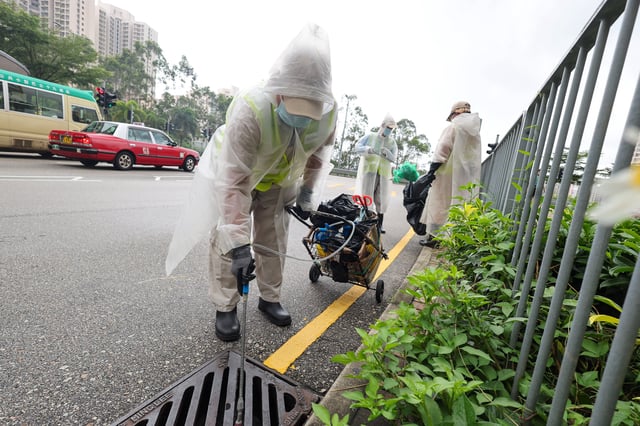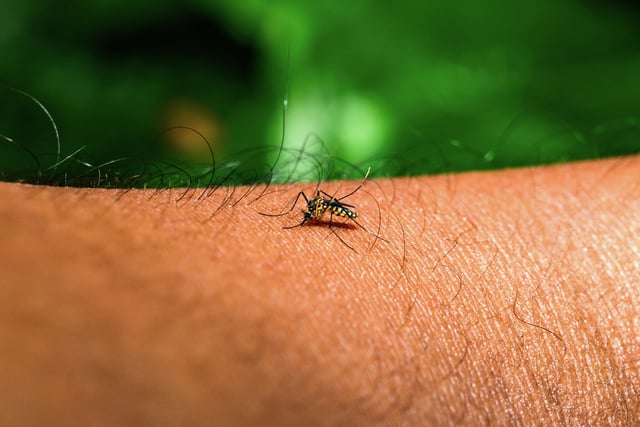Overview
- Guangdong health officials report more than 7,000 confirmed cases since mid-July, with daily new infections dropping below 200 for five consecutive days after peaking at over 600 in late July.
- Authorities have deployed drones to spray insecticide, introduced predatory fish and mosquitoes, and conducted household water inspections to eliminate breeding sites.
- Neighboring Taiwan recorded its first travel-linked case from Foshan and Hong Kong has documented multiple imports, prompting the US CDC and WHO to issue travel health advisories.
- Local government statements confirm there have been no fatalities or severe illness reports in the outbreak to date.
- Scientists caution that warming temperatures and global travel could enable Aedes mosquitoes to spark local chikungunya transmission in regions such as California and southern Europe.



